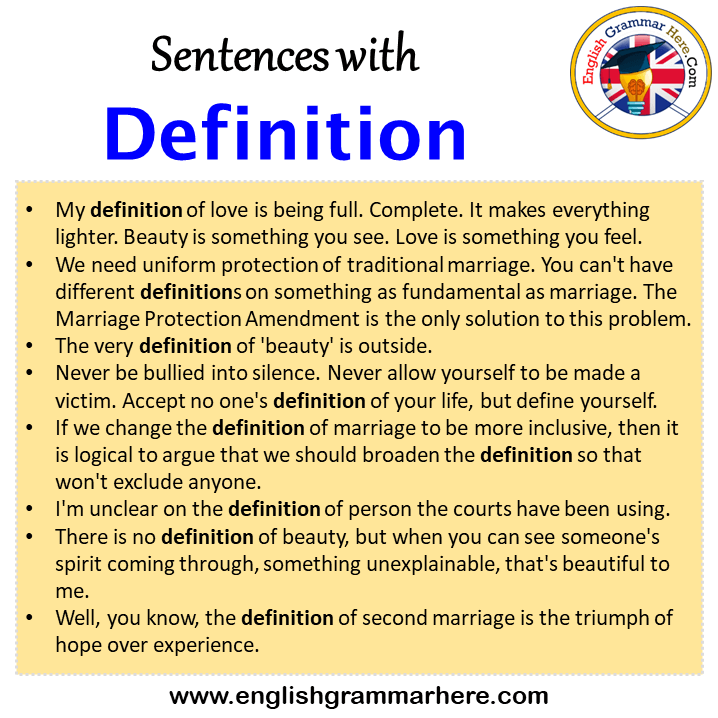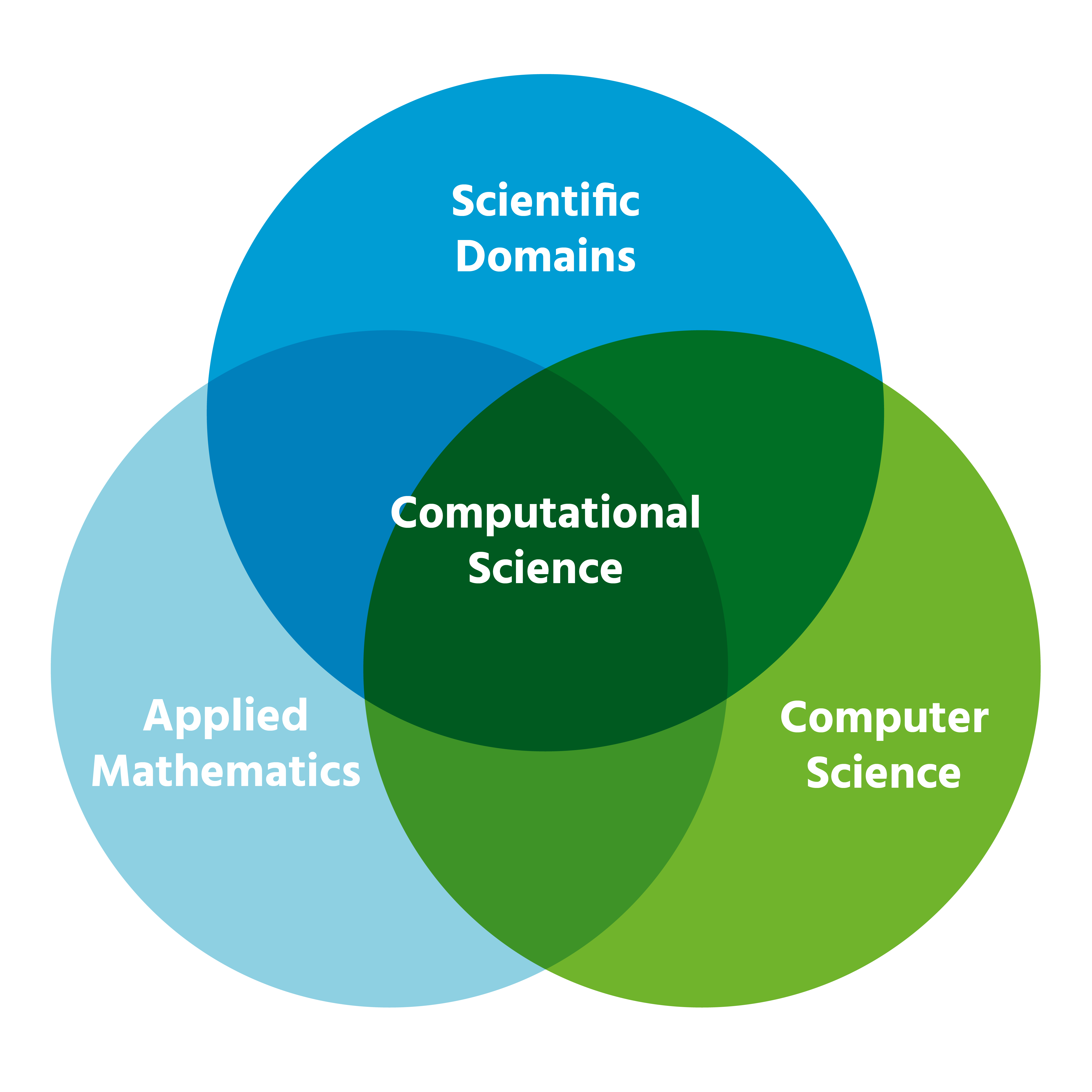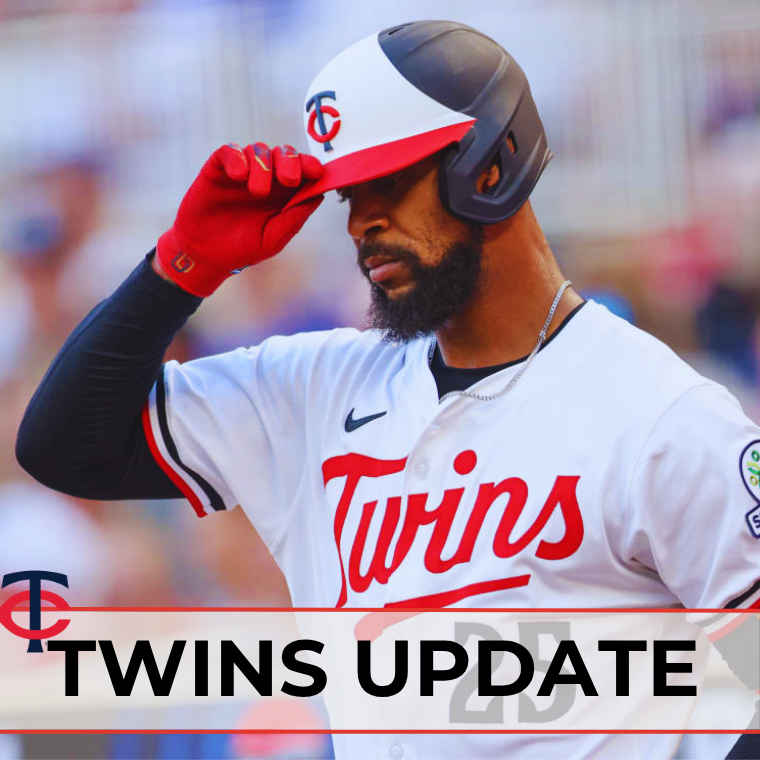Understanding Buddhism and Spirituality: Religion, Philosophy, and Personal Paths
Introduction
Many people wonder whether Buddhism is a religion, a philosophy, or something in between. Similar questions arise about spirituality, especially as more individuals seek meaning outside formal religious institutions. This article examines whether Buddhism is a religion or a philosophy, explores if spirituality qualifies as a religion, and provides actionable guidance on accessing communities and resources for both traditions.
Is Buddhism a Religion or a Philosophy?
Buddhism is widely recognized as both a religion and a philosophy depending on cultural context, interpretation, and personal practice. Historically, Buddhism was founded by Siddhartha Gautama, known as the Buddha, in ancient India between the 6th and 5th centuries BCE. Over time, it spread throughout Asia and the world, shaping societies and individuals alike [1] .
As a religion , Buddhism contains rituals, temples, monastic orders, sacred texts, and a community of followers. It addresses concepts such as karma, rebirth, and liberation (nirvana). Many Buddhists participate in ceremonies, follow ethical precepts, and take refuge in the Triple Gem (the Buddha, the Dharma, and the Sangha) [4] . These structures and practices classify Buddhism as a religion under widely accepted definitions [5] .
However, Buddhism is also seen as a philosophy because it emphasizes personal experience, mindfulness, and practical ethical guidance over dogma. Some Western practitioners focus on its psychological insights and meditative practices, aligning Buddhism with philosophical traditions like Stoicism [2] . The Buddha himself encouraged questioning, reasoning, and direct investigation rather than blind faith.

Source: watpahnanachat.org
It’s important to note that core Buddhist teachings-such as the Four Noble Truths and the Eightfold Path-offer frameworks for understanding and reducing suffering, applicable whether one approaches them religiously or philosophically [4] .
Examples and Illustrations
In Thailand and Myanmar, Buddhism functions as a religion with deep cultural roots, state-supported monasteries, and widespread public rituals. In contrast, many Westerners practice mindfulness meditation derived from Buddhist teachings, treating it as a philosophy for personal growth. Both approaches draw from the same foundational texts and ideas, but each emphasizes different aspects of the tradition [2] .
Challenges and Solutions
One challenge is navigating the differences between religious and philosophical interpretations. For those interested in Buddhism, it is helpful to clarify personal goals: Are you seeking a spiritual community, ethical guidance, or tools for personal development? Local Buddhist centers (often searchable online or through community directories) may provide both religious services and secular meditation programs.

Source: insightstate.com
If you’re interested in exploring Buddhism as a philosophy, you can find reputable books, academic courses, and public talks. For religious practice, consider attending services at a nearby temple or monastery. Always check for community reviews or affiliations with established Buddhist organizations to ensure credibility and inclusivity.
Is Spirituality a Religion?
Spirituality commonly refers to an individual’s search for meaning, connection, and purpose, often outside the framework of organized religion. Unlike formal religions, spirituality is generally less structured, lacks centralized authorities, and does not require adherence to specific dogmas or rituals.
While some forms of spirituality draw upon religious symbolism and practices, many people identify as spiritual but not religious. This distinction is recognized in contemporary research and personal narratives. Spirituality may involve meditation, mindfulness, nature-based practices, or simply a sense of awe and wonder about life and existence.
However, it is possible for spirituality to be part of a religion. Many religious traditions have mystical or spiritual branches (such as Sufism in Islam or Kabbalah in Judaism) that emphasize personal experience and inner transformation [4] . In these cases, spirituality and religion overlap.
Practical Applications and Community Access
If you want to explore spirituality outside of organized religion, consider the following steps:
- Self-Reflection: Identify your personal goals and values. Are you seeking mindfulness, purpose, or a sense of belonging?
- Educational Resources: Many libraries offer books, podcasts, and documentaries on spiritual growth. Public platforms such as university extension programs may run free or low-cost courses on comparative spirituality.
- Local Groups: Search for meditation, mindfulness, or spiritual discussion groups in your area. Community centers, wellness studios, or online platforms like Meetup often list relevant events.
- Professional Guidance: Some certified counselors and coaches specialize in spiritual wellness. When seeking professional support, verify their credentials and approach.
If you wish to integrate spirituality with religious tradition, reach out to local faith communities or interfaith organizations. Many temples, churches, mosques, and synagogues offer open events or discussion groups focused on personal spiritual development.
Potential Challenges and Alternatives
Finding reputable spiritual resources can be challenging due to the wide variety of approaches and the lack of centralized authority. To ensure quality, look for groups affiliated with established organizations, or check for reviews and credentials when seeking individual practitioners.
If you are unsure where to start, university religious studies departments or nonprofit interfaith groups may provide introductory workshops or referrals. You can also find online forums and support networks that focus on secular or interfaith spirituality, but always exercise caution and consider privacy and safety when engaging online.
Key Takeaways and Next Steps
Buddhism can be approached as both a religion and a philosophy, depending on your interests and needs. Spirituality, on the other hand, generally refers to personal meaning-making and is not a religion in itself, though it can be practiced within or outside religious traditions.
For those interested in learning more or joining a community, consider these actionable steps:
- To experience Buddhism as a religion, research local temples or monasteries and inquire about open services or introductory classes.
- If your interest is philosophical or secular, seek out meditation centers, university programs, or books by reputable scholars.
- For spiritual growth outside religion, connect with mindfulness groups, wellness programs, or certified spiritual counselors.
- If you prefer to integrate spirituality with religious practice, reach out to interfaith organizations or faith-based community centers.
Because resources and communities vary by location, it’s often best to start by searching with terms like “Buddhist center near me,” “mindfulness group,” or “interfaith spirituality program.” If you are seeking reputable organizations, consult academic institutions, nonprofit groups, or public libraries for recommendations. Always confirm group legitimacy and inclusivity before participating.
References
- Wikipedia (2023). Buddhism – Overview and history.
- The Collector (2022). Buddhism: Religion or Philosophy?
- The Living Philosophy (2021). Buddhism isn’t a “philosophy”; it’s a religion.
- Britannica (2025). Buddhism: Definition, beliefs, origin, and systems.
- Stanford SPICE (2023). Introduction to Buddhism.
MORE FROM searchhole.com













